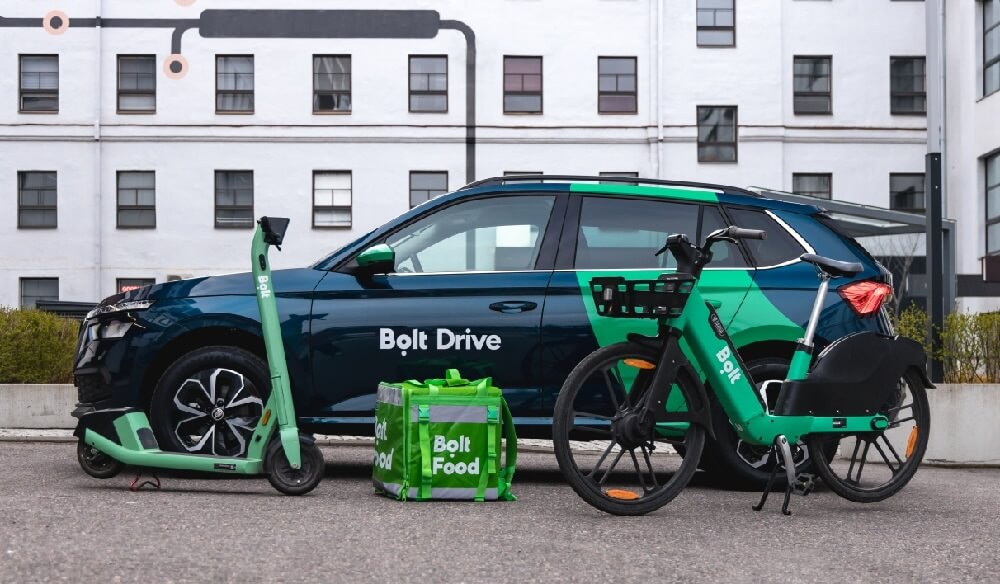Popular ride hailing and delivery platform, Bolt, has raised 628 million euros ($709 million) in a new funding round to amass a valuation of 7.4 billion euros ($8.4 billion).
Founder and CEO of Bolt, Markus Villig, said all the company’s business units are enjoying growth.
Advertisement
“All of our business units are growing… Our most mature business, ride hailing, is seeing double digit growth. The new trend of last year is that private cars are a bad thing and increasingly people want to use other forms of mobility” he said in an interview earlier in the week.
Tech Crunch reports that Villig also said that the company’s smaller businesses, which include restaurant and grocery delivery and shared cars and scooters, are expanding faster. He added that Bolt is working on partnering with more city governments to build out its services as part of their updated transportation strategies.
The funding round was co-led by Sequoia Capital, Fidelity Management and Research Company LLC. Other participants were Whale Rock, Owl Rock (a division of Blue Owl), D1, G Squared, Tekne, Ghisallo, and other unnamed backers.
Formerly known as ‘Taxify’, Bolt has enjoyed massive growth in the past few months. Back in August, it raised 600 million euros at a valuation of over 4 million euros during a Series E funding round. During that round, it had 75 million customers.
Advertisement
Currently, the company has more than 100 million customers in 45 countries and over 400 cities using its services.
Bolt’s growth is also notable considering the difficulties that some of its competitors have been facing in the wake of Covid: First, the pandemic had a very negative effect on people being willing to go into a vehicle where they have to sit in a closed-in space with another person (the driver).
That situation was then compounded when things picked up again but so quickly that many services are suffering from a shortage of drivers, not passengers.
Villig admitted that Bolt suffered some demand fluctuations at the beginning of the lockdown, but it focused on attracting and keeping drivers by paying better commissions than competitors. He said Bolt would typically pay 10 to 20% better than its rivals.
“There is a massive lack of supply on these platforms, so we have focused on taking the most partner-friendly lowest commission”, he said.
Advertisement
Bolt was founded eight years ago in Tallinn, Estonia by Villig to bring ride hailing to countries where rivals like Uber did not have a strong grip on. The strategy saw it expand in regions like Central and Eastern Europe and Africa.
“We started off in Eastern Europe and Africa because those markets had a bigger need. They had lower car ownership, higher unemployment, making for a market with many freelance drivers, it made sense.
“But now we’ve learned that this model works everywhere, and it’s actually easier to grow in Western Europe because they are developed markets. We found if you can make this model work in really cheap, frugal markets, then once you go to London or Stockholm, it’s materially easier. And the unit economics are definitely better because the prices are higher,” Villig said.



